Library science is focused on the retrieval and management of information in any form. The field has become extremely complex because of the rapid technological advancements within our society. Libraries still play an important position in the academic world as they make more use of technology when compared to previous. Being an inter-disciplinary field of research, libraries science degrees use tools from fields like administration, technology for information, and education, in order to organize, collect, and preserve and priorities information sources.
The field of library science is entwined with various sub-fields, including the study of documentation, bibliography knowledge management, information management, and more. In the context of a growing digitalization of work the field of library science is frequently connected to studies in informatics and information science.
Students studying for a library science degree learn to navigate the online world, learn to manage data and allow users to gain access to it quickly. Professionals also learn about the legal requirements of libraries and the management of records and how to utilize specific computer software to organize their work.
Library sciences are a field that has specializations, including research in digital libraries and archives, records management rare manuscripts, school libraries and many more.
The degrees in library science prepare professionals to work in archives, government information agencies, museums, cultural organizations libraries, business intelligence companies as well as other companies involved in activities related to information.
Eligibility:
Candidates who want to take admission in Ph.D. must have a post graduate degree in Library and Information Science with at least 55% marks from a recognized university and must have passed the national level entrance examination or university level entrance examination. National level entrance exam like UGC NET / UGC CSIR NET / GATE / SLET or University entrance exam consisting of written test and personal interview.
Benefits of Library and Information Science
The students are familiar with academic and public information sources and current trends in the organization of library resources are ideal for this course.
If they are successful in completing this course , graduates may be able to find opportunities such as Archivist, Librarian and senior. Information Sourcing Analyst Library Trainee, Library Director at reputable universities, National Libraries, Museums, IT Companies etc.
Doctoral students who have doctoral qualifications with doctoral degrees in Library and Information Science are qualified for a variety of research opportunities in their area of study.
In addition, students may also be library assistants. Their main task is to manage shelves, collect fines, record information on the books that are not available, and to handle other technical work, for instance.
They can also choose for teaching jobs, like assistant. Professor or lecturer at the well-known private and government universities and colleges.
These PhD graduates also get the opportunity to pursue their higher education to acquire more advanced understanding in the same area of study, and to find employment in other countries.
Career and Job Opportunities
The career in library includes areas like library and information systems management, classification/cataloguing systems, bibliography, documentation, preservation and conservation of manuscript, collection management, information systems and technology, research methodology, computer applications, reference, statistics and management, information processing, archives management, indexing, library planning, etc. The field of library science is continually changing, and incorporating new subjects such as databases management, information architecture and management of knowledge, among other. It's an exciting field and gives you the chance to gain knowledge about a many different information sources. Therefore, the job prospects for librarians are growing. However, with the rise of computers and information technology the old concept of libraries changing to include not just the printed material but also the latest tools of information such as CD-ROM, the virtual libraries, the internet, and so on. There is plenty of potential for a career in the field of library science. A professional in this field could be employed in the following fields.
1. Public/Government libraries
2. Universities/collages/schools and other academic institutions
3. News agencies and organizations
4. Special libraries and private libraries
5. Foreign embassies
6. Photo/film/radio/television libraries
7. Information centers/documentation centers
8. Large companies and organizations with needs for information handling
9. Gallery and museums, which contain reading rooms, research facilities
10. Law library/Special library.
Course Duration:
The PhD Library and Information Science courses are minimum 3 years and maximum 5 in duration. This depends on the university offering the course.Course Fees:
The average fee for Ph.D. Library and Information Science degree is between INR 50000 and INR 500000.
 5 Years
5 Years
 PhD
PhD
 Research
Research







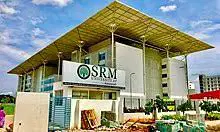
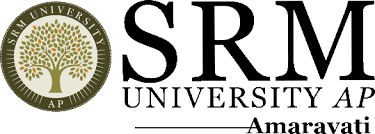
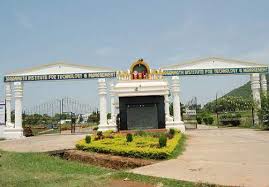
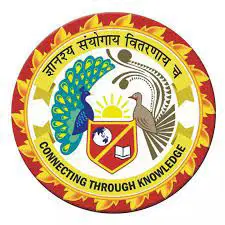
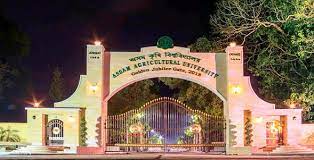
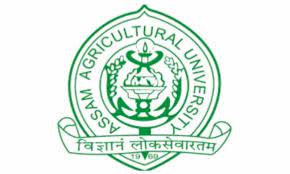
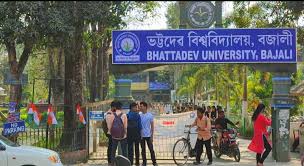
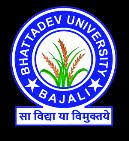
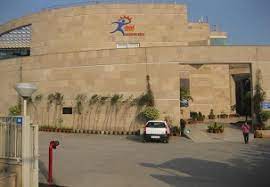

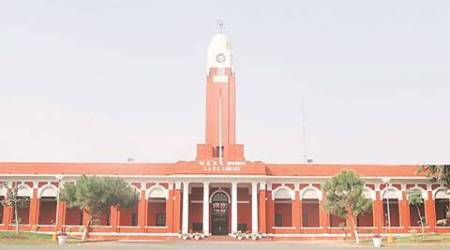
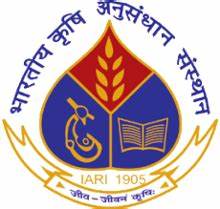
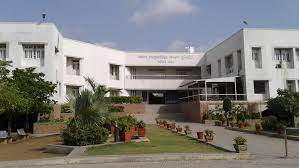
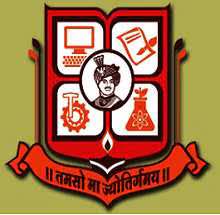
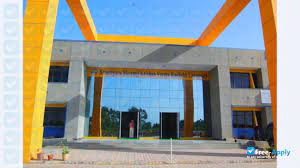
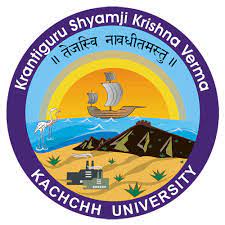
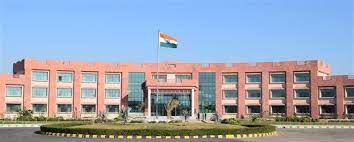
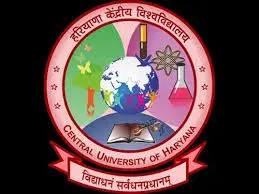
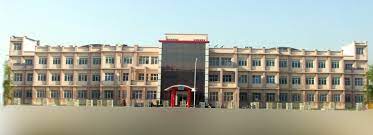
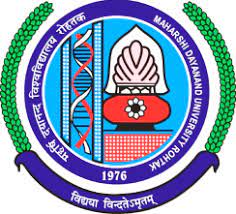
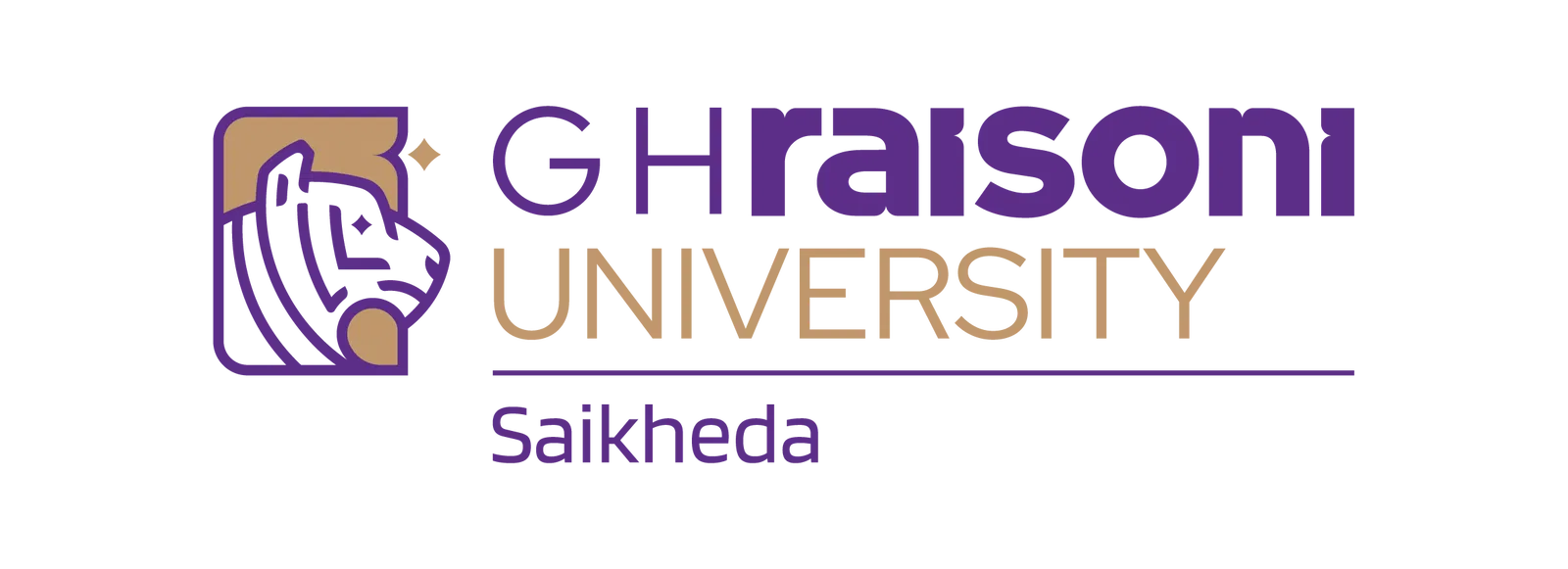
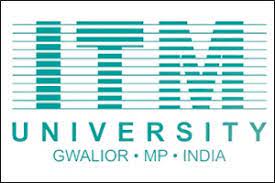


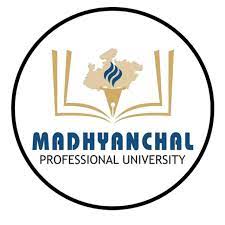

 back
back